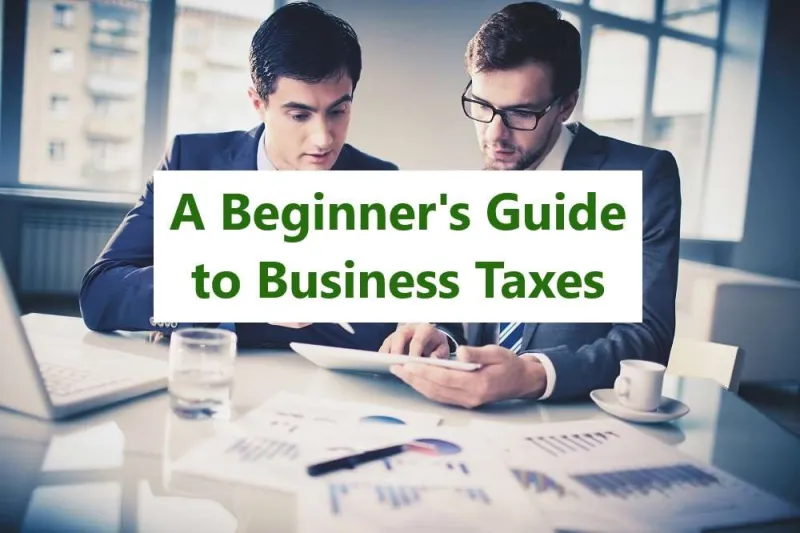
Introduction
Corporation tax is levied on taxable profits of limited companies as well as some clubs, societies, associations, and co-operatives. It does not, however, apply to sole proprietorships or partnerships.
This blog introduces corporation tax for private limited companies. It explains what corporation tax is, how to set up the corporation tax process with HM Revenue & Customs (HMRC), and the responsibilities of businesses under corporation tax self-assessment.
The rules governing corporation tax are complicated, and this information is only meant to serve as a starting point for understanding the issues at the very beginning. To ensure that obligations are met and the correct amount of tax is paid, it is critical to seek professional advice. We at Diaspora Law Limited can assist you with this, please contact us at https://diasporalaw.co.uk and one of our experts will help you with the exact considerations.
What is corporation tax?
All registered firms that have been incorporated at Companies House are subject to corporation tax on their taxable profits. The amount of profit left after deducting tax-deductible expenses and reliefs is referred to as taxable profit. Corporation tax is determined on a variety of taxable profits and chargeable gains, including the following:
Trading profits - the income from the company's trading activities after allowable expenses have been deducted.
Capital gains - the chargeable gain or profit made when a company asset such as land or buildings is sold.
Any other income - for example, money made from leasing land or buildings or interest on company savings.
Corporation tax is levied on taxable profits and income earned over a specific accounting period, which cannot exceed 12 months. The accounting period is usually the same as the financial year of the company, which is the time period covered by the annual accounts. www.gov.uk/corporation-tax-accounting-period has more information about accounting periods.
The corporation tax rate for the financial year beginning April 1, 2022 is 19 percent.
However, beginning April 1, 2023, profits above £250,000 will be taxed at a rate of 25%. Small gains under £50,000 will continue to be taxed at 19 percent. Profits between £50,000 and £250,000 will be taxed at a tapered rate.
The procedure for setting up corporation tax
Anyone establishing a limited company must first register it with Companies House. Companies that register online (www.gov.uk/limited-company-formation/register-your-company) are generally also registered with HMRC for corporation tax.
Companies that register with Companies House by post, through an agent, or using third-party software must also register for corporation tax within three months of becoming operational or beginning to trade. This entails giving HMRC the following information:
- The company's name and registered number.
- The main trading address.
- The date the company started to trade.
- The main trading activities.
- The date up to which the annual accounts will be calculated.
- The details provided will be used by HMRC to work out when the company must pay corporation tax.
For more information about how to register a limited company for corporation tax, go to www.gov.uk/limited-company-formation/set-up-your-company-for-corporation-tax.
If a new company has not yet begun trading, it can be classified as inactive or dormant by HMRC. HMRC, on the other hand, must be notified once the company is operational and becomes active.
When it comes to corporation tax difficulties, it's common for a company's accountant to act as the company's agent and communicate directly with HMRC. Companies must complete the 'Authorising your Agent' form 64-8 to provide agents authorisation to communicate with HMRC on their behalf. Visit www.gov.uk/government/publications/tax-agents-and-advisers-authorising-your-agent-64-8 for more information.
Self-assessment responsibilities under Corporation Tax
Corporation tax is sometimes collected via a method called corporation tax self-assessment (CTSA). Companies do not get a bill for corporation tax under the CTSA, but they must:
- Check their filing and payment deadlines to ensure these are met.
- Prepare annual accounts.
- Calculate and pay the tax due on taxable profits (after taking into account any allowances or reliefs due).
- Report the details to HMRC by filing a company tax return each year.
- If no tax is due, HMRC must be informed by the deadline for payment and a company tax return must still be completed. Dormant companies may not have to pay corporation tax or complete company tax returns and HMRC will inform them if this is the case.
For more information about the corporation tax process, go to www.gov.uk/corporation-tax.
Useful contact
The government department in charge of tax collection is HM Revenue & Customs (HMRC). For more information please visit:
www.gov.uk/government/organisations/hm-revenue-customs/contact/corporation-tax-enquiries
